 Bride of Fire
Bride of Fire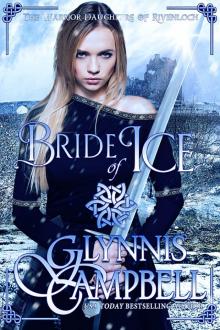 Bride of Ice
Bride of Ice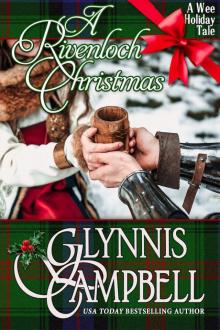 A Rivenloch Christmas
A Rivenloch Christmas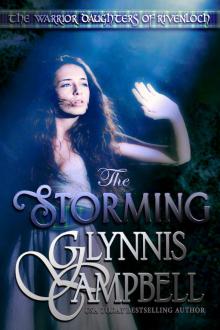 The Storming
The Storming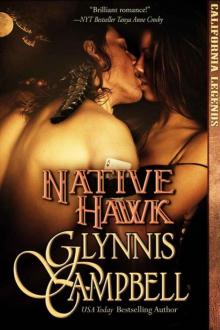 Native Hawk (California Legends Book 3)
Native Hawk (California Legends Book 3)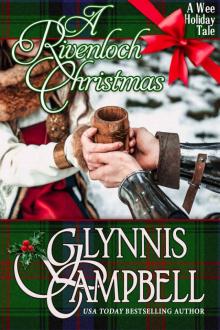 A Rivenloch Christmas: A Wee Holiday Tale (The Warrior Daughters of Rivenloch Book 0)
A Rivenloch Christmas: A Wee Holiday Tale (The Warrior Daughters of Rivenloch Book 0)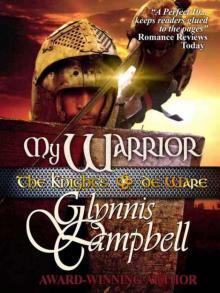 Knights of de Ware 02 - My Warrior
Knights of de Ware 02 - My Warrior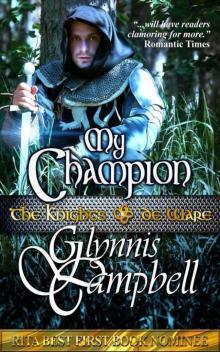 Knights of de Ware 01 - My Champion
Knights of de Ware 01 - My Champion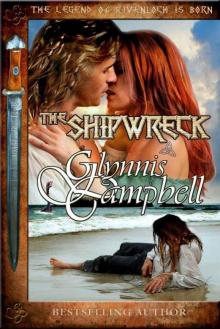 The Shipwreck
The Shipwreck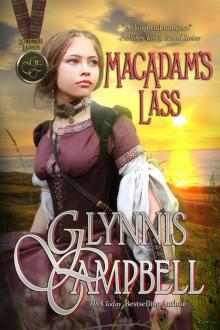 MacAdam's Lass
MacAdam's Lass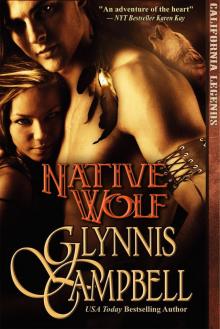 Native Wolf
Native Wolf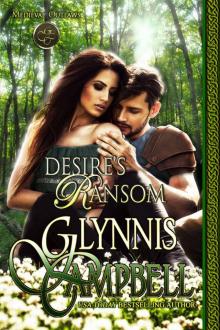 Desire's Ransom
Desire's Ransom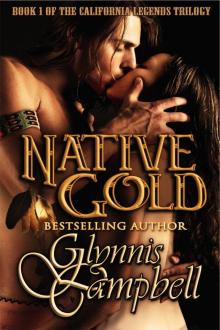 Native Gold
Native Gold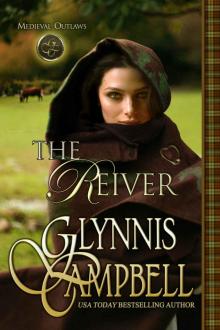 The Reiver
The Reiver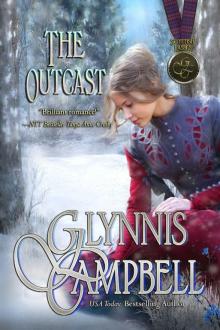 The Outcast
The Outcast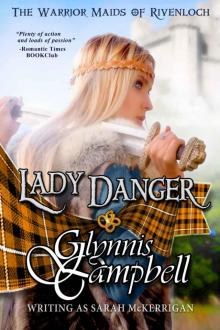 Lady Danger (The Warrior Maids of Rivenloch, Book 1)
Lady Danger (The Warrior Maids of Rivenloch, Book 1)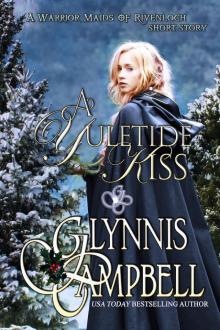 A Yuletide Kiss
A Yuletide Kiss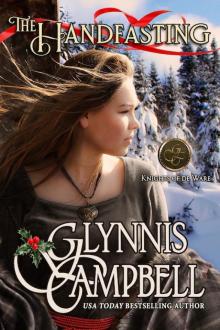 The Handfasting
The Handfasting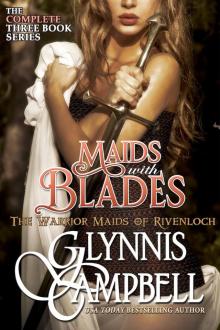 Maids with Blades
Maids with Blades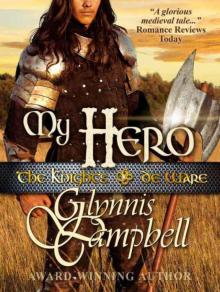 Knights of de Ware 03 - My Hero
Knights of de Ware 03 - My Hero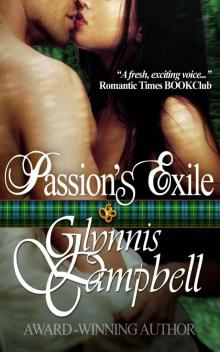 Passion's Exile
Passion's Exile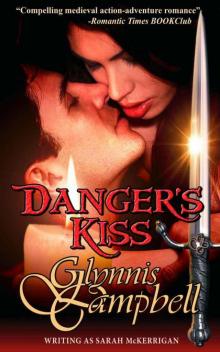 Danger's Kiss
Danger's Kiss Highlanders for the Holidays: 4 Hot Scots
Highlanders for the Holidays: 4 Hot Scots